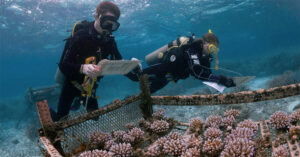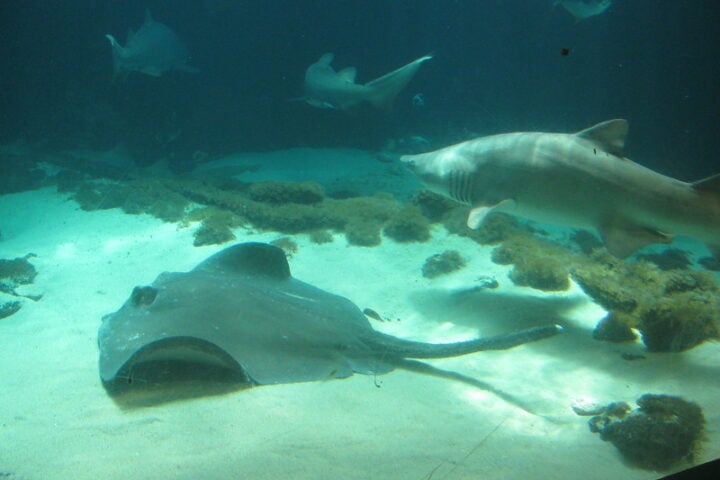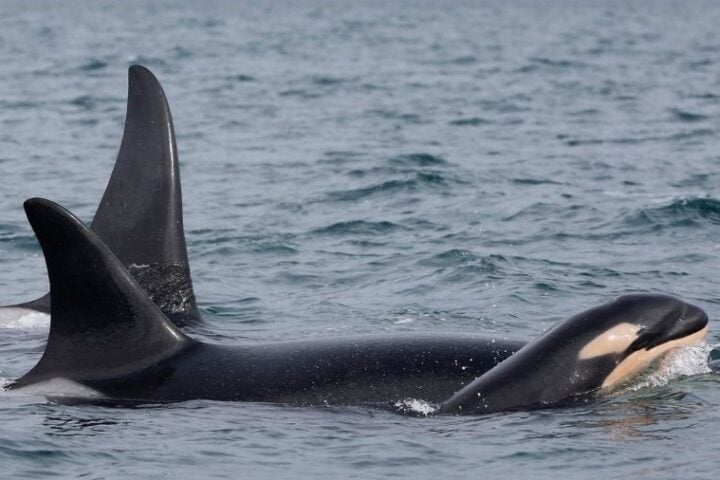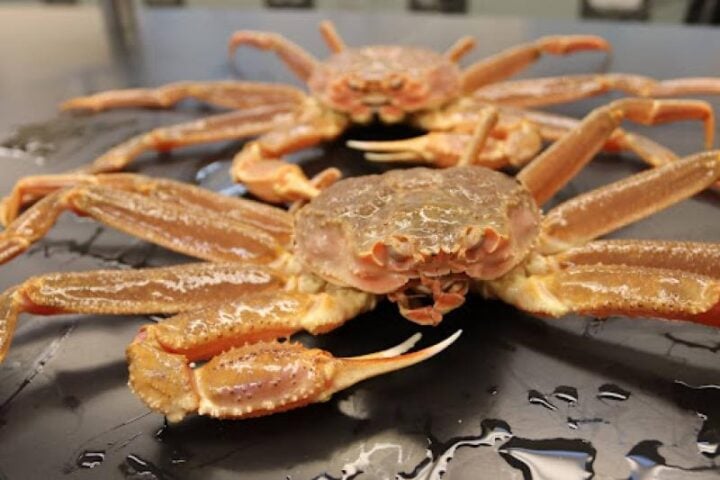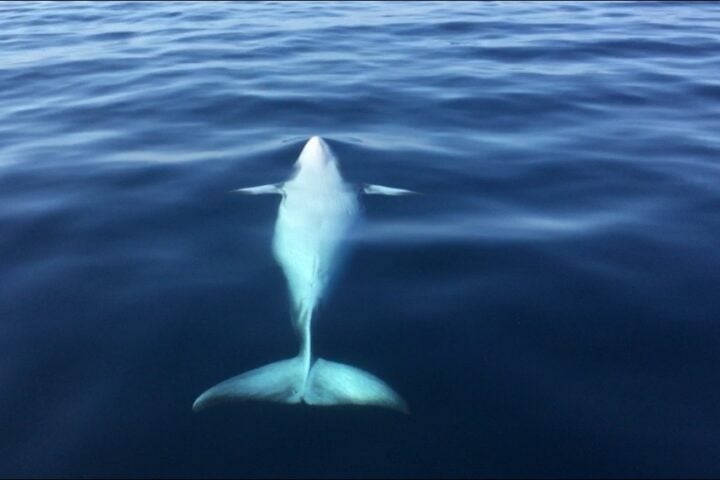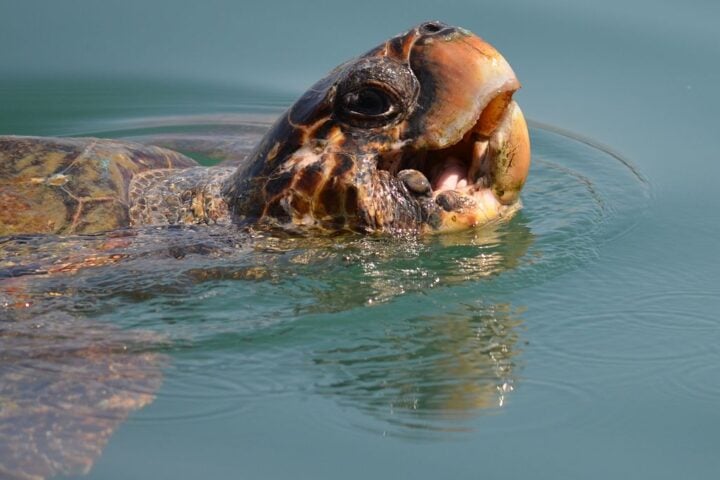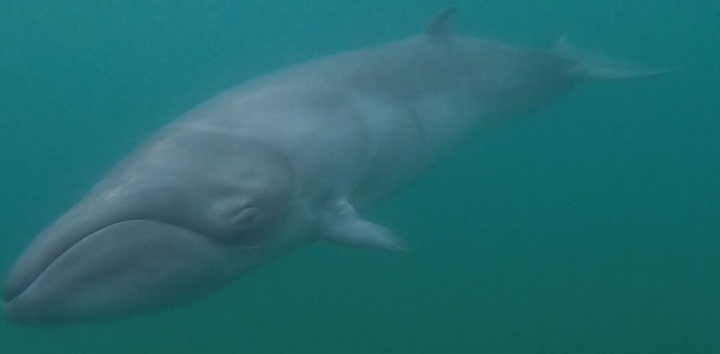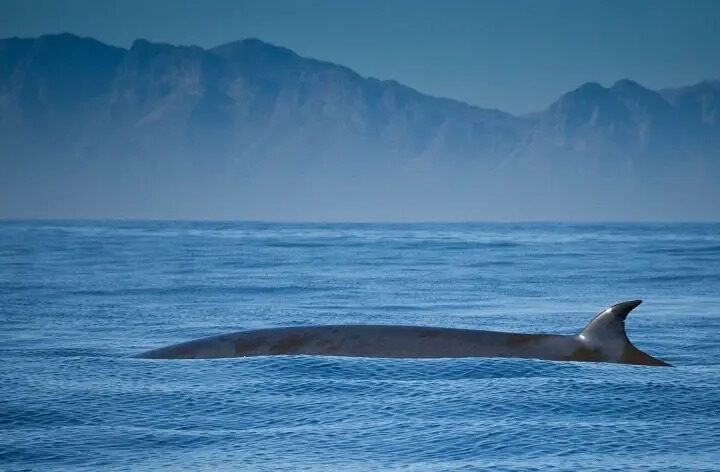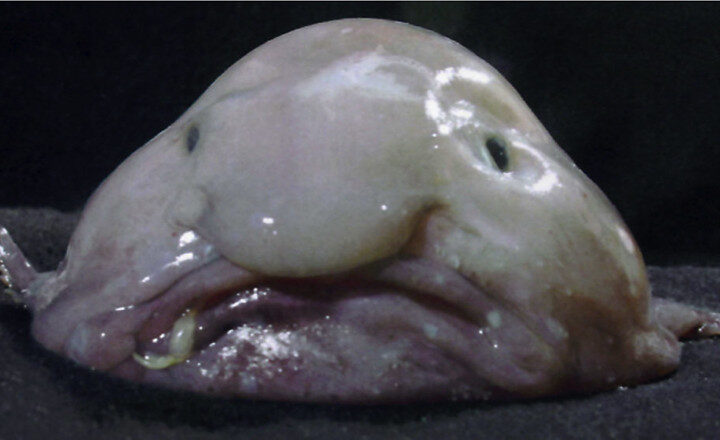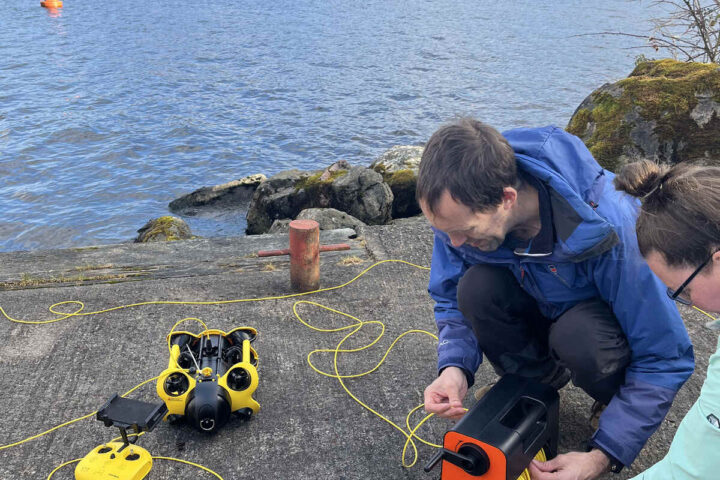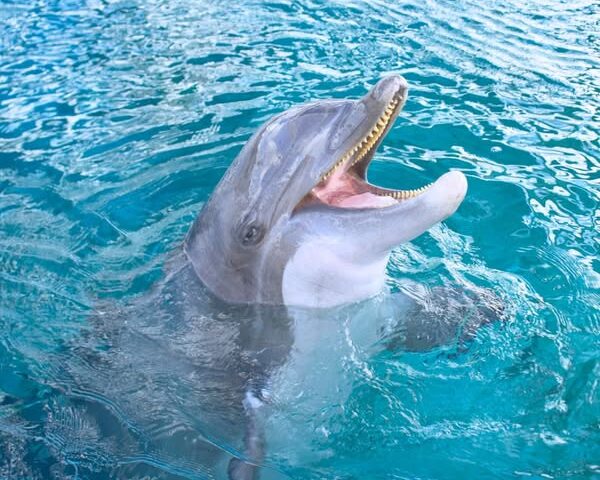Marine scientists have revealed that coral reefs face severe risks as ocean warming accelerates beyond their natural adaptation capabilities. A new study published in Science shows that coral survival depends heavily on rapid reductions in global greenhouse gas emissions.
Dr. Liam Lachs of Newcastle University, who led the research, used eco-evolutionary simulation models to examine coral populations’ responses to various warming scenarios. “Marine heatwaves are triggering mass coral bleaching mortality events across the world’s shallow tropical reef ecosystems, and the increasing frequency and intensity of these events is set to ramp up under climate change,” Dr. Lachs stated.
The study suggests that genetic adaptation could offset some projected losses in coral reef functioning and biodiversity—but only with swift climate action. Without significant emission reductions, many thermally sensitive coral species face local extinction risks, which can be avoided if global temperature rise stays within two degrees Celsius—the upper limit set by the Paris Agreement.
Current climate policies track toward approximately 2°C warming, threatening complete annihilation of coral reefs. The increasing occurrence of marine heatwaves continues to impact reef ecosystems worldwide.
Professor Peter Mumby from the University of Queensland warns of dire consequences: “Our world is expected to warm by 3-5 degrees by the end of this century if we do not achieve Paris Agreement commitments. Under such levels of warming, natural selection may be insufficient to ensure the survival of some of the more sensitive yet important coral species.”
More Stories
Recent initiatives like the Reef Restoration and Adaptation Program explore innovative solutions, including cloud brightening technology and heat-tolerant coral seeding. These experimental approaches aim to enhance coral resilience against rising ocean temperatures.
Dr. James Guest, leader of the Coralassist Lab, emphasizes the need for immediate action: “We need management actions that can maximise the natural capacity for genetic adaptation, while also exploring whether it will be possible to increase the likelihood of adaptation in wild populations.”
Dr. Lachs acknowledges remaining uncertainties in coral population “evolvability” but maintains that aggressive emission reductions and strategic reef management approaches offer the best chance for relatively healthy coral populations in the future.
